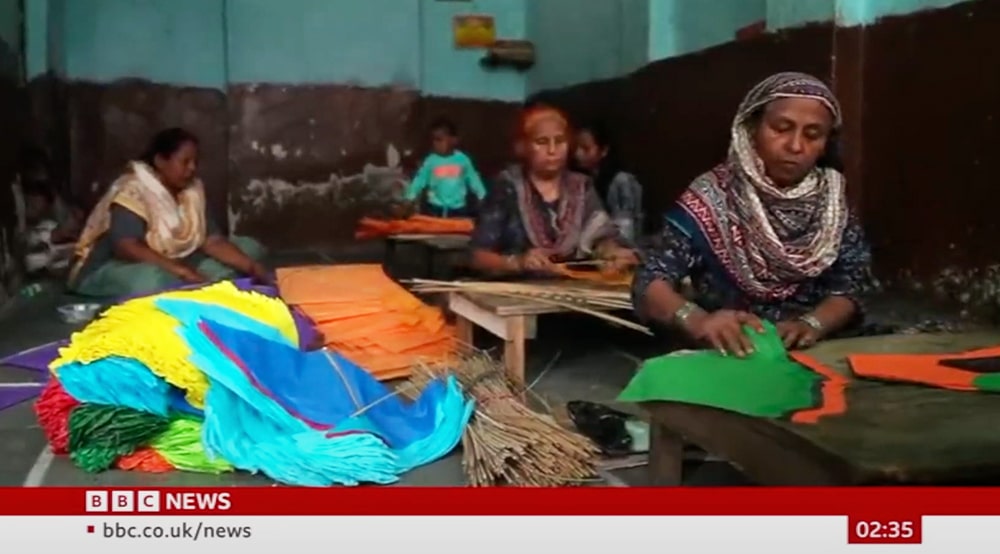The Self Employed Women’s Association (SEWA) has taken a significant step to address the issue of heat waves and their impact on women workers in the informal sector. Climate disasters have had a tremendous and disproportionate impact on these workers, making them extremely vulnerable, especially the women. Recognizing the fact that informal economy workers do not have access to social security, SEWA introduced a Heat Wave Insurance system for its members.
In 2024, SEWA launched a pilot insurance system that covered 52,000 members from different trades in 22 districts. More than 46,000 members, approximately 88%, received benefits from the program. This initiative addresses the urgent need for members to cope with extreme heat and build resilience against its impact.
Intense heat is putting millions of poor Indians at risk. Their choice is often between working in unsafe conditions or going hungry. Women, especially those with restricted incomes of $60 to $70 a month, are among the worst affected. For them, this heat insurance has come as a breather. When temperatures in Ahmedabad breach 44 degrees Celsius, those insured receive an automatic payment of $4 a day.
The heatwave insurance is critical even for those working indoors. Sheikh Sabera, a kite maker, cannot use a fan while working, and the stifling heat takes a toll on her family’s livelihood. She shared, “I get three cents per kite, but because of the heat, I could only make half the number of kites. The insurance money has helped.”
While the insurance program has provided immediate relief, the worsening heat waves mean these payouts may not be enough. Organizers highlight the need for a policy push. Can heatwave insurance be included in the Social Security Act? Could unspent welfare funds for construction workers and sal pan workers be redirected to climate support? Both government and private sectors need to partner to create a comprehensive safety net for informal workers.
This inclusive approach ensures that the benefits of climate adaptation reach the most vulnerable workers, promoting equity and social justice. This is one of the ways to ensure a Just Transition. For these women, it’s a matter of survival as extreme weather disrupts livelihoods. India’s informal workforce, crucial for its economy, needs a safety net more than ever before.
SEWA’s Heat Wave Insurance system is a pioneering initiative that addresses the urgent needs of women workers in the informal sector, providing them with the necessary support to cope with extreme heat conditions. This program not only helps protect their health but also ensures they can continue to support their families financially. As we move forward, it’s crucial for both government and private sectors to collaborate and expand such initiatives to provide comprehensive social security for informal workers.



